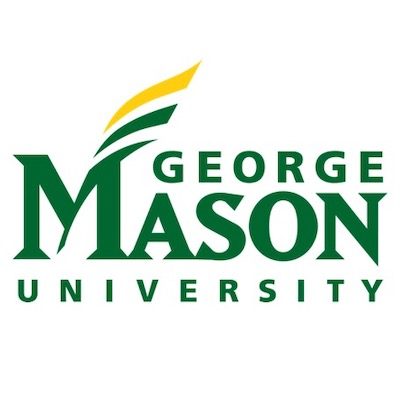Being able to analyze data is therefore a critical skill for business leaders and business analytics is now a pillar of many MBA programs, alongside traditional topics like finance, marketing, and strategy.
Here’s five things you'll learn about business analytics during an MBA.
1. Analytics is not just for data scientists
Once upon a time, ‘data analytics’ was seen as a technical skill, one better left to data scientists and engineers.
A great deal has changed. Data mining—the process of turning raw data into information— is now commonplace across all business sectors, providing leaders with deep insights into trends and behavior on any number of issues.
Pallab Sanyal, MBA director at George Mason University School of Business, believes that data analysis is a generalist skill for students from all backgrounds.
“Students in healthcare, in government, in entertainment, in sports, in marketing—all these areas, you can apply data analysis to make better decisions,” Pallab says. 
At George Mason, all MBA students are offered a wide variety of business analytics elective courses. Students can take an introductory course on data mining. Students with a deeper interest or more specialist career ambition have the option to dive deeper into different analytical tools and applications, such as marketing analytics or fraud analytics. This can contribute towards a graduate certificate in business analytics.
Kelsey Bacon, a management consultant at Booz Allen Hamilton and a George Mason MBA graduate, came to the program to better understand how data could enhance her consulting career. She quickly understood the importance of quantitative tools to complement the expertise she was offering clients.
“A lot of what I do is qualitative, particularly in human capital, so there are lots of opportunities to add quantitative rigor to a profession that's been historically based a lot on intuition.”
2. Analyzing data will make you a better decision maker
One of the primary goals of the George Mason MBA is to show students the advantage of using data to make decisions. “Once those decisions were made by hunches, whereas now you can collect data to make those decisions using predictive analytics tools,” Pallab says.
The best way to demonstrate, Pallab says, is to start with problems that students might have faced in their careers, and then work out how you can apply data to solve these problems.
Take a second-hand car dealer, for instance, who has to make predictions about the price of a used car. Many dealers will have years of experience, and a good sense of intuition, about the going price for certain models depending on their condition.
Using analytics, you can gather data for the last 1000 cars sold, as well as various features such as the condition they were in and miles driven, and so on, to build a predictive model for the price they will sell at.
3. You’ll need to master different types of analysis
Business analytics is used as an overarching term to touch on many different types of analysis used to crunch different data sets. In business, it’s important to understand these different analytical methods as well as the physical tools available to conduct them.
Predictive modelling, regression, classification, clustering, and data visualization are some of the concepts that you’ll have the opportunity to learn during the MBA at George Mason. “You’re not going to come out as an expert in a few weeks, but you’ll understand the applications and which analyses you should run in given scenarios,” Kelsey says.
Students get an introduction to a number of different analytical softwares, including RapidMiner, Tableau, SPSS, and Qualtrics, as well as Excel. Again, Kelsey acknowledges that students won’t necessarily become experts in all of them, but rather can pick which is most relevant to their profession. As a consultant, Kelsey regularly deploys Tableau as a way of leveraging and visualizing data for clients.
4. Analytics requires critical thinking
Not all data is good data, and given the large quantity of data available, data analysts must be particularly adept at approaching data critically to work out what is valuable and what isn’t.
George Mason MBA students learn the lifecycle of analyzing data, including some of the potential hazards you can fall into when analyzing data. 
“We learned the basics on how to formulate a good survey, how to scrub a data set, how to scrutinise a data set to look for gaps or limitations in sources and variables, how to analyse, and once you analyse and get results, how to test for reliability and accuracy. This tests whether it's really a significant result,” Kelsey says.
In addition, visualization is everything: “You can do all this analysis, but if you don't know how to present it in a way that's meaningful or easily interpreted, and not misinterpreted, then your analysis is undone,” Kelsey adds.
5. It’s a valuable career skill
Companies who can efficiently mine data to make decisions will be set apart in years to come. They require leaders with business analytics competencies to lead this movement.
As well as popular MBA routes such as finance and technology, many George Mason graduates go on to work in public sector and non-profit sector roles.
“Many companies are able to collect data, and have that awareness of collecting certain types of data, but very few have the required skill set to meaningfully analyse that data,” Pallab says.
At Booz Allen Hamilton, Kelsey’s clients look for cutting edge insights backed up by quantitative evidence. With her data skills from her MBA, she’s seen a marked improvement both in her confidence as a consultant, and in the expertise she’s been able to deliver to clients.








